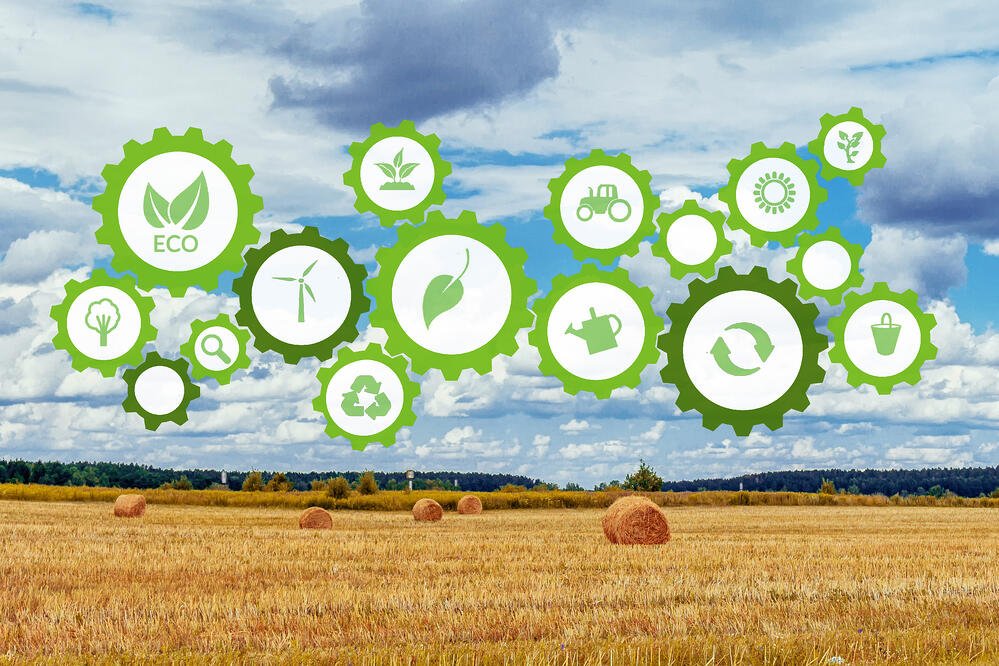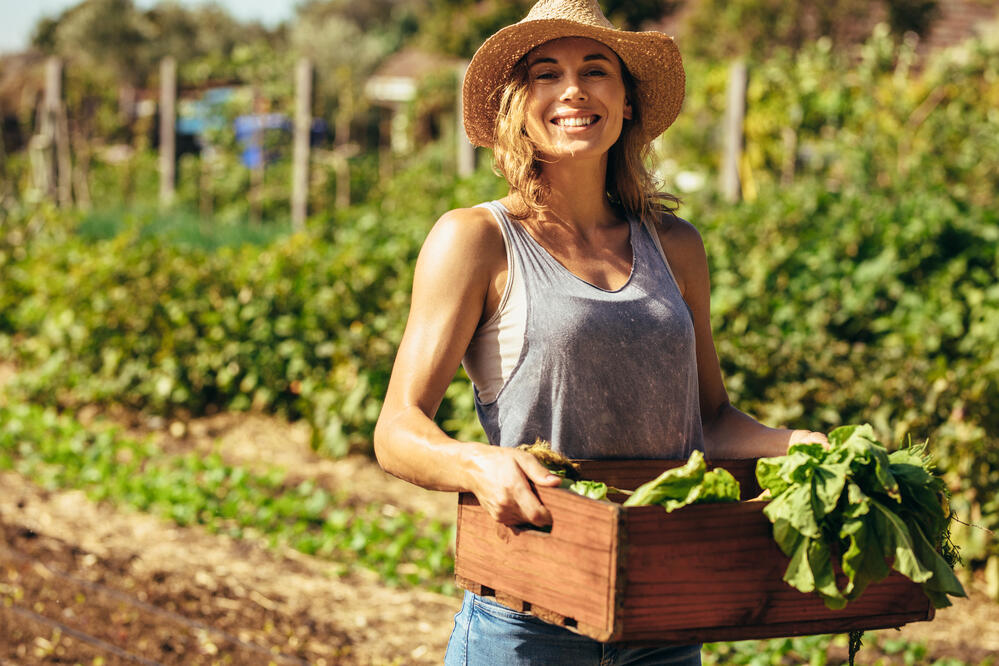TrustBIX Blog: Why Food Sustainability Matters and How to Support It

The word “sustainable” has several definitions; however, the most substantial one was put forth in 1987 by the United Nations’ Commission on sustainable development: “Sustainable development meets the needs of the present without compromising the ability of future generations to meet their own needs.”
With the world population predicted to grow up to 10 billion people by 2050, sustainable strategies must be explored and implemented now, and fortunately, this process has already started.
To shape the global direction towards sustainability, in 2015, the UN established 17 core goals that recognize that ending poverty and inequality must go hand-in-hand with improving health and education while tackling climate challenges. One of the goals is to promote sustainable agriculture; in this blog, we will look at the meaning of “sustainable food” and why it matters.
“As individuals, we can treat grocery shopping more consciously by supporting local farmers and businesses”The Components Defining Food Sustainability
Sustainability is a multifaceted issue, and depending on the sector (education, economics, environment, etc.), the components of it will be different. One might think that if some food items are labelled as “bio,” “organic,” or “local,” it is an indicator of sustainability. However, this is not always the case. Depending on the label you see, it can mean different things, and while some labels do legitimately support the fact of sustainable production, others just tell that there are no dangerous additives. You can always refer to the list of all eco-labels used for items that can be sold in Canada.
Sustainability means adopting the practices that address the fundamental needs of society while protecting the environment. Sustainable agri-food development encompasses adjustments and improvements in food production, farm work, processing and distribution, consumption, and waste management. We cannot have a secure food supply unless that food supply is sustainable.
What Does Sustainability Mean for the Agri-food sector?
Living in the 21st century, we find it hard to deny human activity’s effects on the environment. Ten years ago, food production was at the same time one of many of the drivers of global climatic changes as well as the victim of shifting environmental changes. Today, professionals across the industry do their best to reach the sustainability goals by putting considerable effort into six key processes: climate change (based on greenhouse gas emissions), land system change (based on cropland use), use of fresh water, biodiversity loss (based on extinction rate), and nitrogen and phosphorus cycling (based on the application of these fertilizers), unfortunately the production of food animals and benefits were largely ignored.
(AdobeStock photo)
What Can We Do to Support Sustainable Development?
As individuals, we can treat grocery shopping more consciously by supporting local farmers and businesses, reducing household food waste, and referring to science-based evidence for food-related issues. According to public trust research conducted by the Canadian Centre for Food Integrity, Canadians are already headed in the right direction, because they actively seek out food items that use less packaging or have a minimal environmental impact.
As a company, TrustBIX offers solutions for food producers, processors, and consumers to provide transparency and build trust by collecting data from all supply chain links. We support Canadian companies in responding to the main challenge of the 2020s: operating the business in ways that are sustainable – good for the planet, good for society, and are economically viable.













